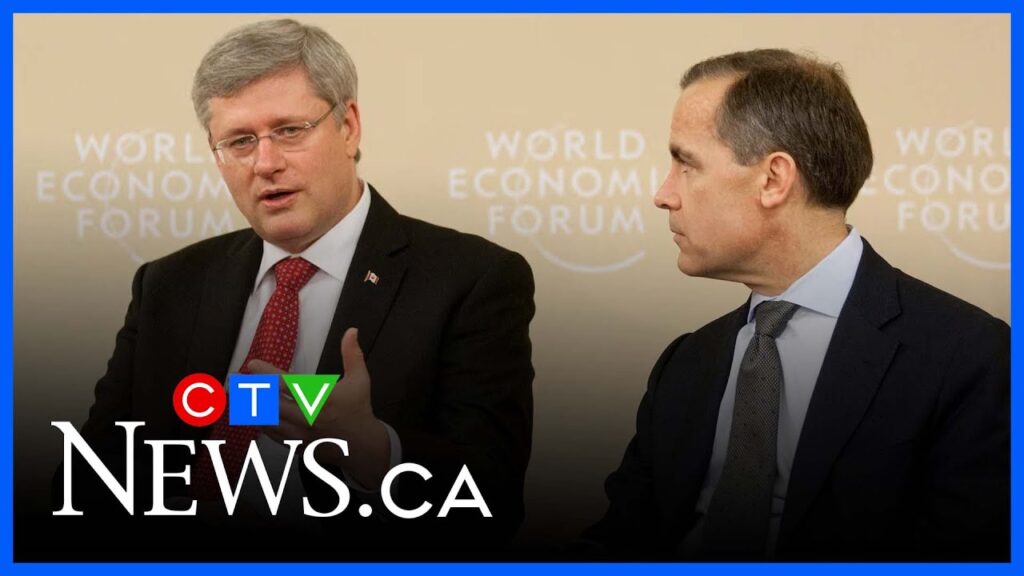
Introduction
The interplay between Canadian political figures often shapes the nation’s economic and governance landscape. Among the notable relationships are those of former Prime Minister Stephen Harper and former Bank of Canada Governor Mark Carney. Understanding their dynamic provides insights into Canada’s fiscal policies and political strategies during their tenures.
Background on Stephen Harper
Stephen Harper served as the 22nd Prime Minister of Canada from 2006 to 2015, leading the Conservative Party. His government was characterized by a focus on economic management, tax reductions, and a commitment to resource development. Harper’s leadership style was often described as pragmatic, emphasizing a conservative approach to governance.
Background on Mark Carney
Mark Carney, who was appointed the Governor of the Bank of Canada in 2008, played a pivotal role during the global financial crisis. His adept management helped stabilize the Canadian economy, leading to a recognition of his foresight and leadership globally. Subsequently, he was also appointed as the Governor of the Bank of England in 2013, enhancing his stature as a significant figure in international finance.
Collaboration and Tensions
Harper and Carney’s relationship was largely defined by mutual respect stemming from their respective positions during critical economic moments. Harper appointed Carney to the Bank of Canada, valuing his expertise during turbulent times. However, their collaboration wasn’t devoid of tensions; notably, Carney’s remarks on climate change and the need for economic diversification sometimes clashed with Harper’s policies focused on oil and gas development.
Impact on Canadian Policies
The partnership between Harper and Carney had lasting impacts on Canada’s economic and environmental policies. Carney pushed for a more comprehensive approach to fiscal policy that factored in environmental sustainability. Despite differences, they both aimed to navigate Canada through economic recovery and growth during and after the 2008 financial crisis.
Conclusion
The relationship between Stephen Harper and Mark Carney illustrates the complexities of Canadian governance where economic decisions are tightly interwoven with political ideologies. Their collaboration during a challenging economic climate highlighted the importance of experienced leadership, while their divergent views on environmental issues reflect ongoing debates within Canadian politics. As Canada continues to navigate economic challenges, understanding the legacies of leaders like Harper and Carney remains vital for future policy developments.



